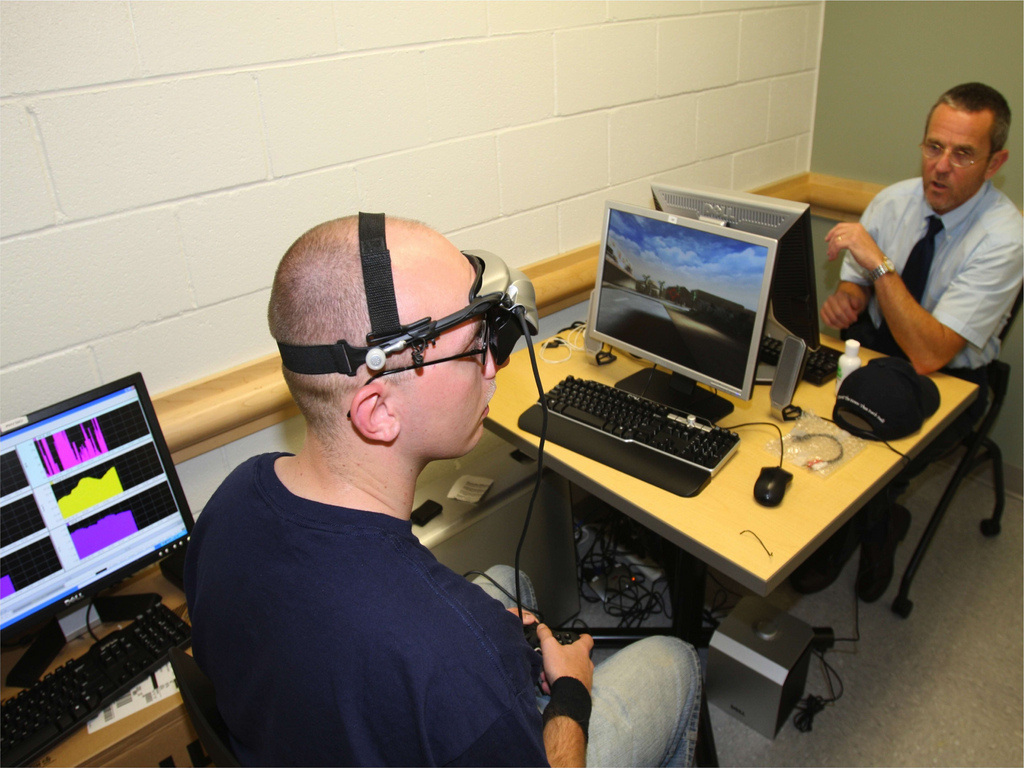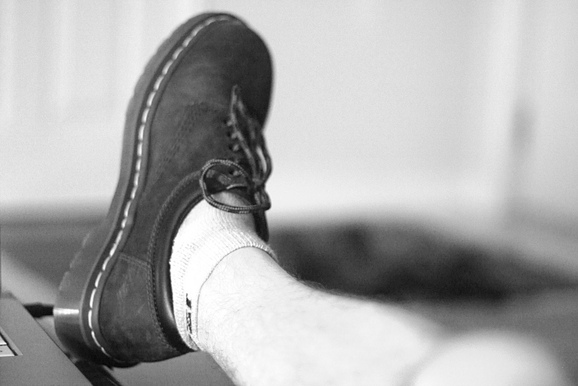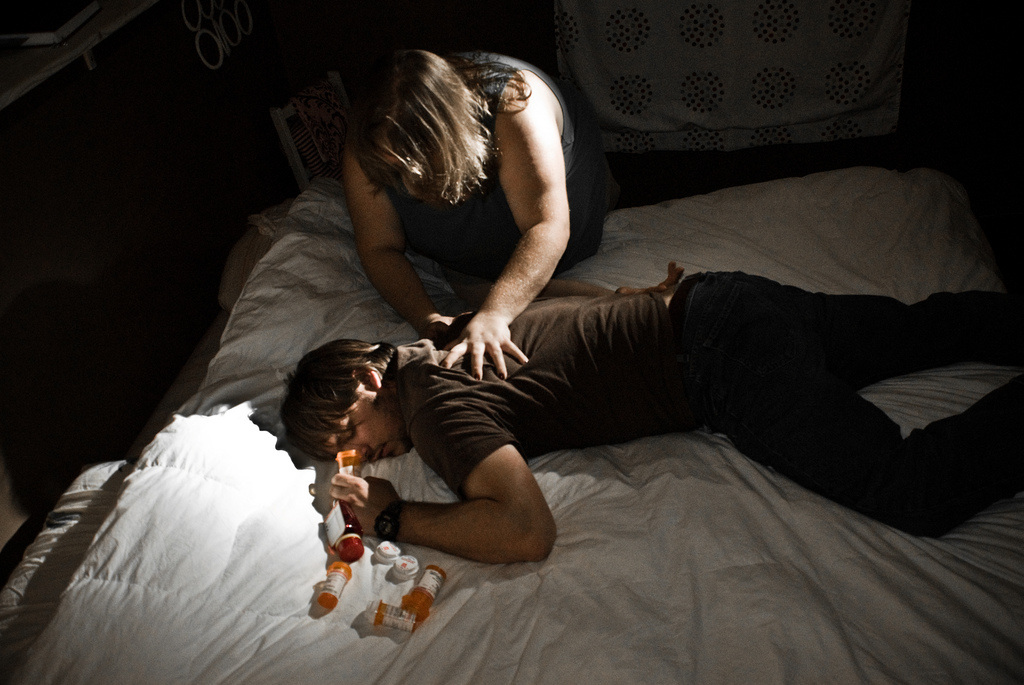Biofeedback Therapy is a unique treatment option that can allow people improve their own health by using signals from their own bodies rather than using external treatments or pharmaceutical drugs. Although it has been around since the 1960’s when the term “biofeedback” was first introduced, it has only recently begun to gain momentum in the mainstream medical communities. In practical applications, Biofeedback Therapy is used to treat pain and neurological conditions, and it is also used in psychological settings where therapists often use it to help anxious or tense patients relax. It has even been used by specialists with more serious diseases such as epilepsy, cardiovascular disease and even stroke. But what exactly is Biofeedback Therapy?
While “Biofeedback Therapy” sounds complex and daunting, chances are you’ve already used a biofeedback device without actually knowing it. For example, when you step onto a scale to weigh yourself, you register the number and determine whether or not you’re at your target weight. You then can make adjustments to your diet and exercise routine to either lower or raise the number. The feedback of that number on the scale affects your behavior. Another classic example is a thermometer which tells you how high your temperature is. If the number is high and you have a fever, you take steps to reduce that fever, and continue to do so until the thermometer registers a normal temperature. These are two examples of basic biofeedback in action. Modern Biofeedback Therapy goes much further than merely monitoring weight or temperature, but the basic principle remains the same.
But - can Biofeedback Therapy cure disease or illnesses?
While “Biofeedback Therapy” sounds complex and daunting, chances are you’ve already used a biofeedback device without actually knowing it. For example, when you step onto a scale to weigh yourself, you register the number and determine whether or not you’re at your target weight. You then can make adjustments to your diet and exercise routine to either lower or raise the number. The feedback of that number on the scale affects your behavior. Another classic example is a thermometer which tells you how high your temperature is. If the number is high and you have a fever, you take steps to reduce that fever, and continue to do so until the thermometer registers a normal temperature. These are two examples of basic biofeedback in action. Modern Biofeedback Therapy goes much further than merely monitoring weight or temperature, but the basic principle remains the same.
But - can Biofeedback Therapy cure disease or illnesses?








 RSS Feed
RSS Feed